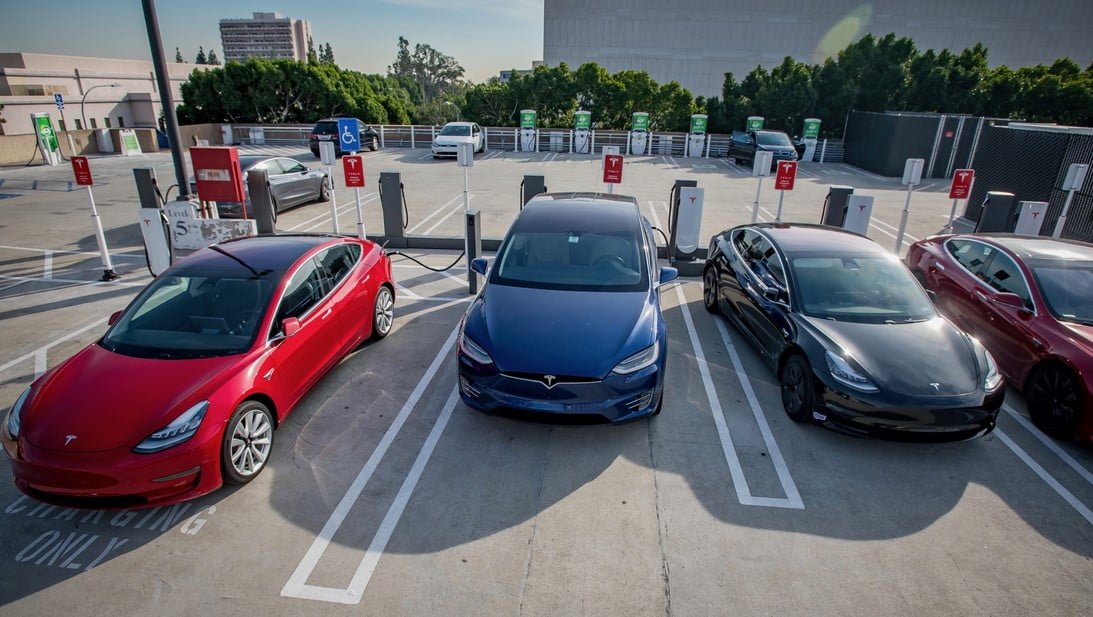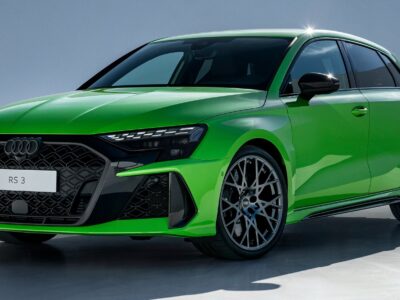
If you buy a new electric car today, it won’t take long before it has less environmental impact than a gasoline car, but it depends on where you plug it in, according to a new analysis by Reuters.
Developed by the Argonne National Laboratory, the Greenhouse gases, Regulated Emissions, and Energy use in Technologies (GREET) analytical model used by Reuters tracks the lifetime carbon emissions of both internal combustion engine vehicles and EVs. It includes not only the emissions from a given vehicle’s “tailpipe” but also emissions related to supply and manufacturing of materials, among other factors.
Using this model, Reuters found that in the United States, a new 54-kilowatt-hour Tesla Model 3 must be driven 13,500 miles before it becomes cleaner than a Toyota Corolla averaging 33 mpg over its lifetime. However, if the same Tesla were driven in Norway, the emissions “break-even” point would be only 8,400 miles, according to the analysis.
The difference is in the electric grid generation mix. In the U.S., 23% of electricity still comes from coal-fired power plants, but Norway generates almost all its electricity from hydroelectric sources.
Alternatively, in countries that get most of their electricity from coal, like China and Poland, the Model 3 would only become cleaner than the Corolla after 78,700 miles, according to the analysis.
Generally, electric vehicles generate higher emissions from the supply and manufacturing of materials than gasoline cars. The average electric car generates 8.1 million grams of carbon emissions before reaching the first customer, compared to the 5.5 million grams of the average gasoline car.
But once on the road, even when exclusively charged with a coal grid, electric vehicles contribute 4.1 million grams per year, compared to the 4.6 million grams from gasoline cars, according to the analysis.
It’s another example of how electric vehicle emission rates are not static; they will stay cleaner throughout their life as the grid turns greener.
Still, the lifetime carbon emissions of electric vehicles remain a highly debated topic. Some studies had downplayed the advantage of electric vehicles due to outdated data on the power generation mix, but a study last year found that electric vehicles are already cleaner than gasoline vehicles in 95% of the world.
The team at Carboncounter.com has also aimed to navigate ideas such as the cost of electric vehicles versus carbon benefit and also leverages the GREET model used here.







